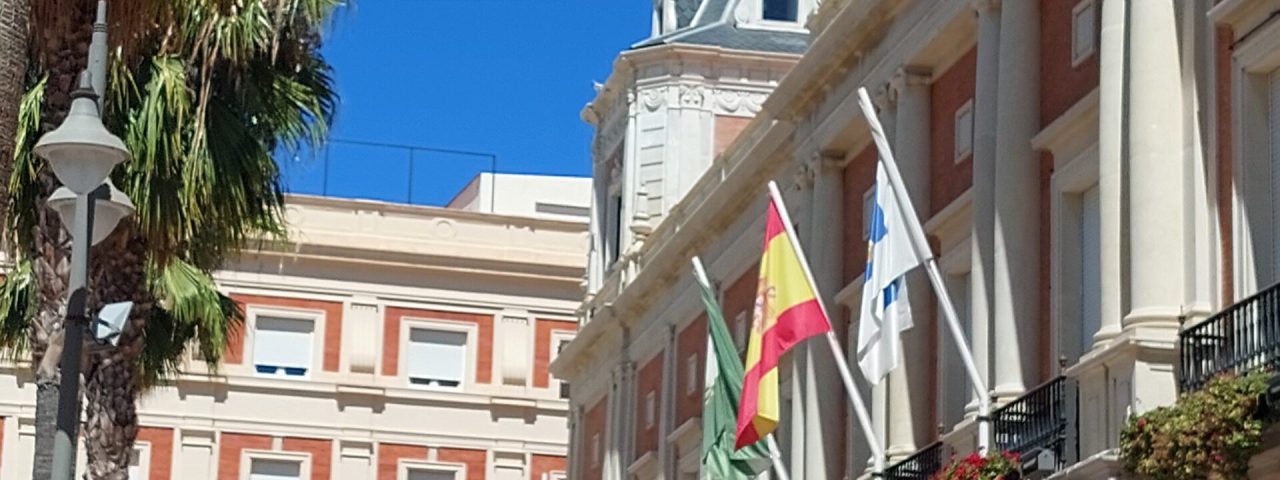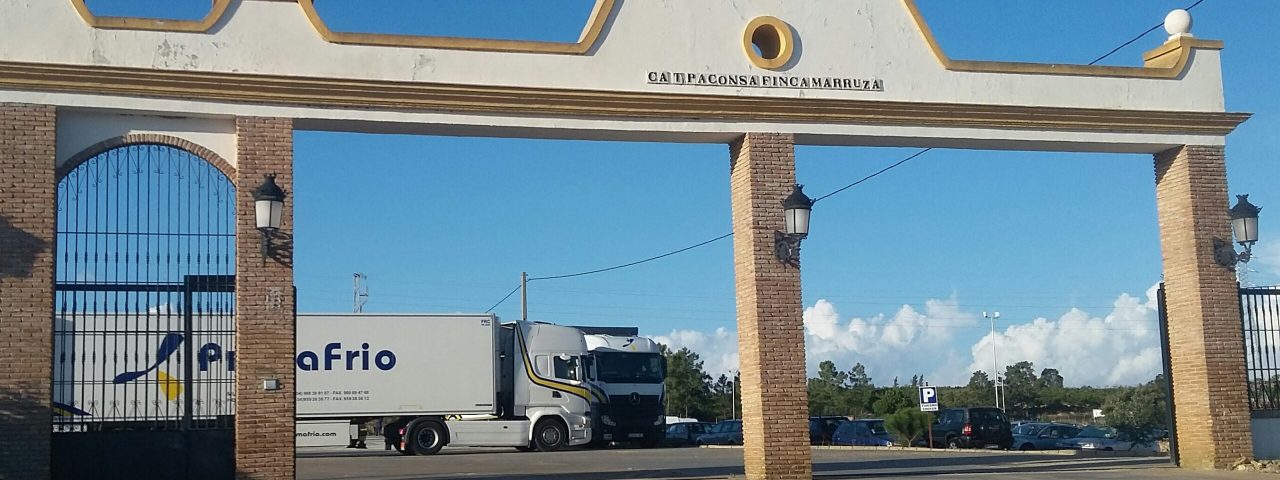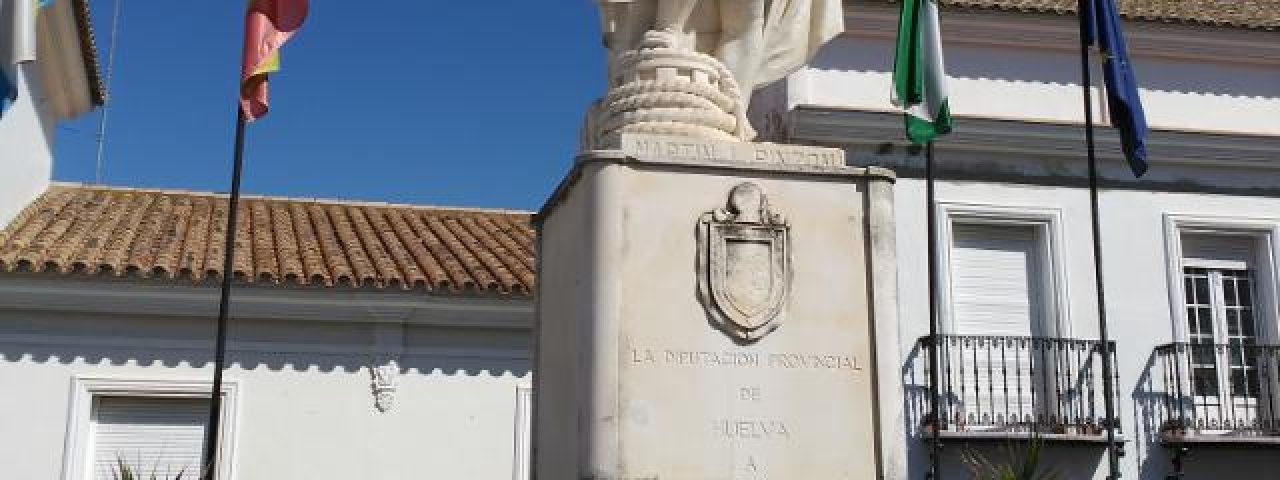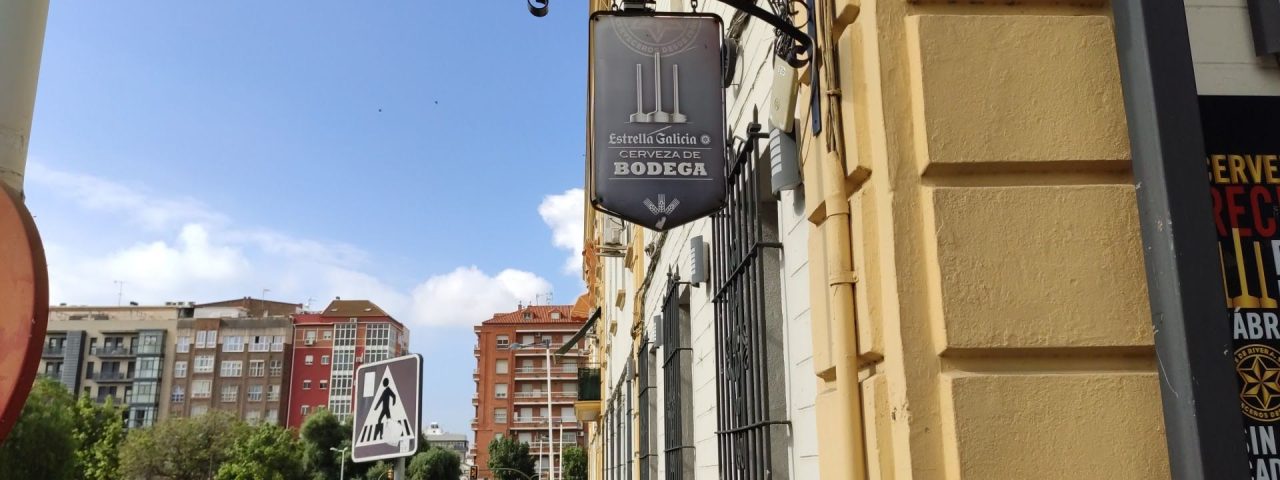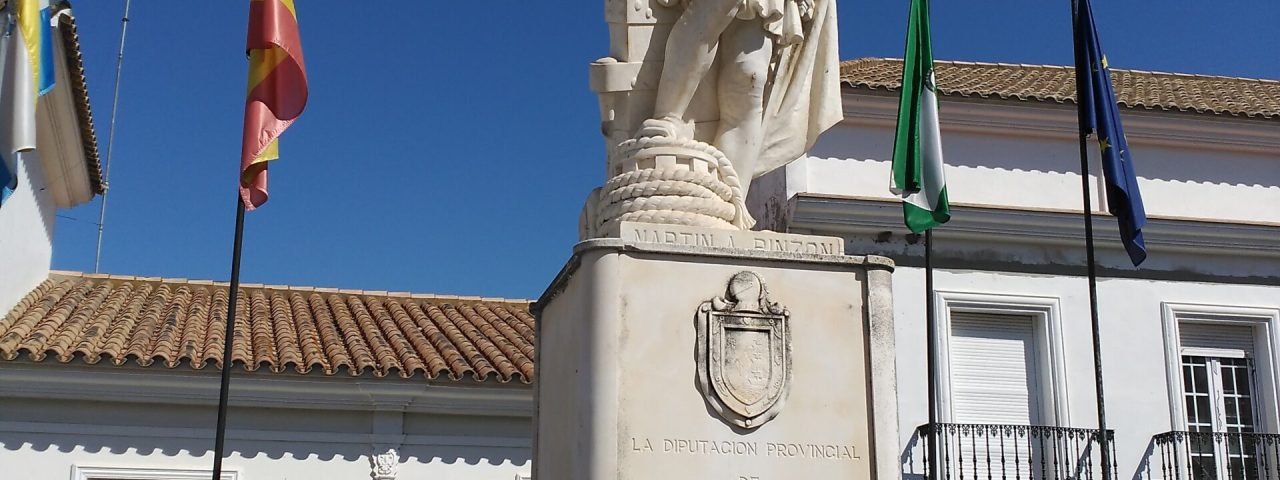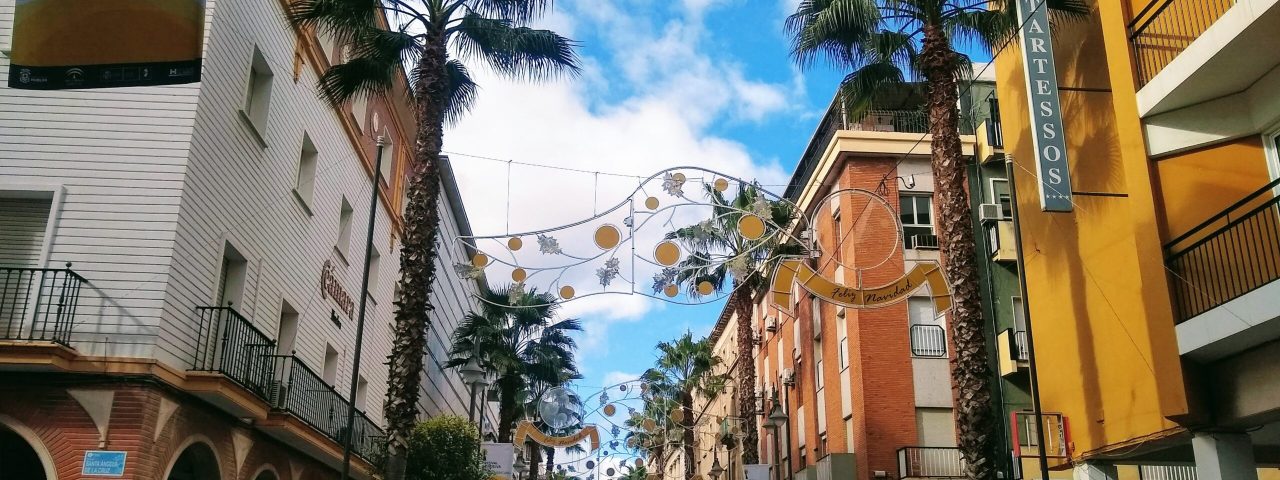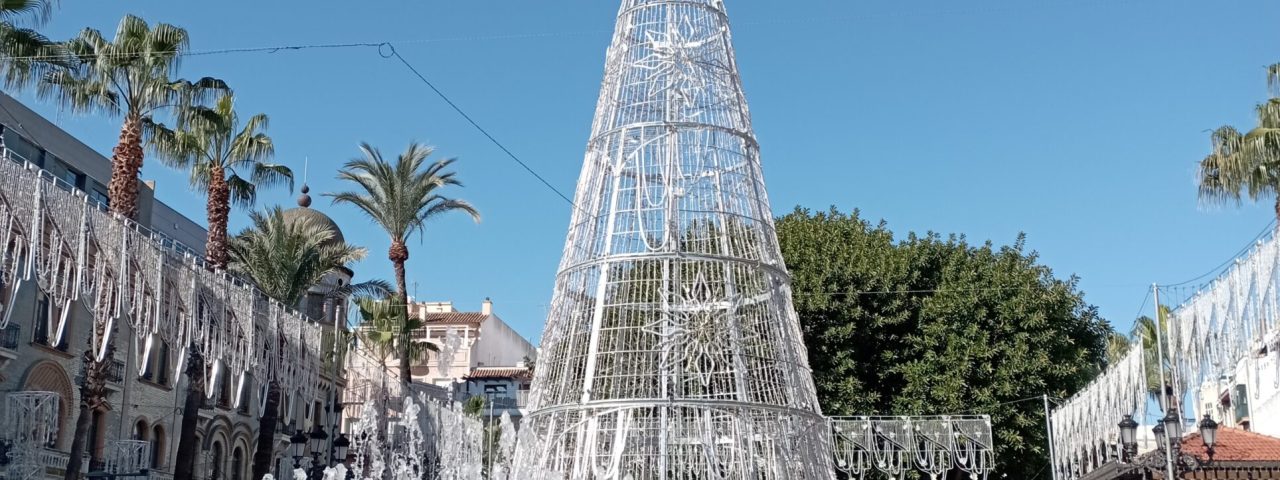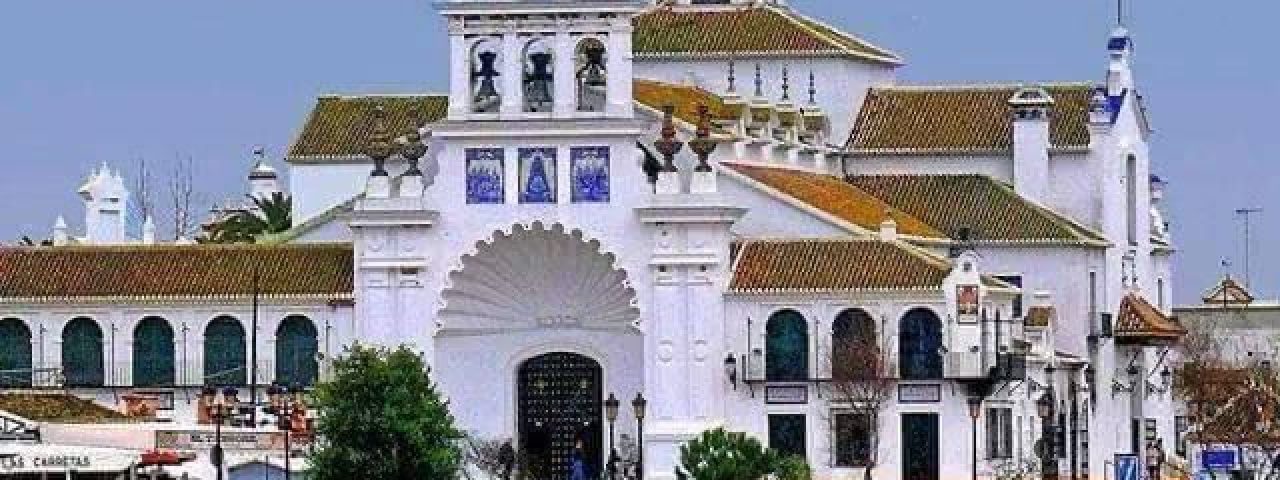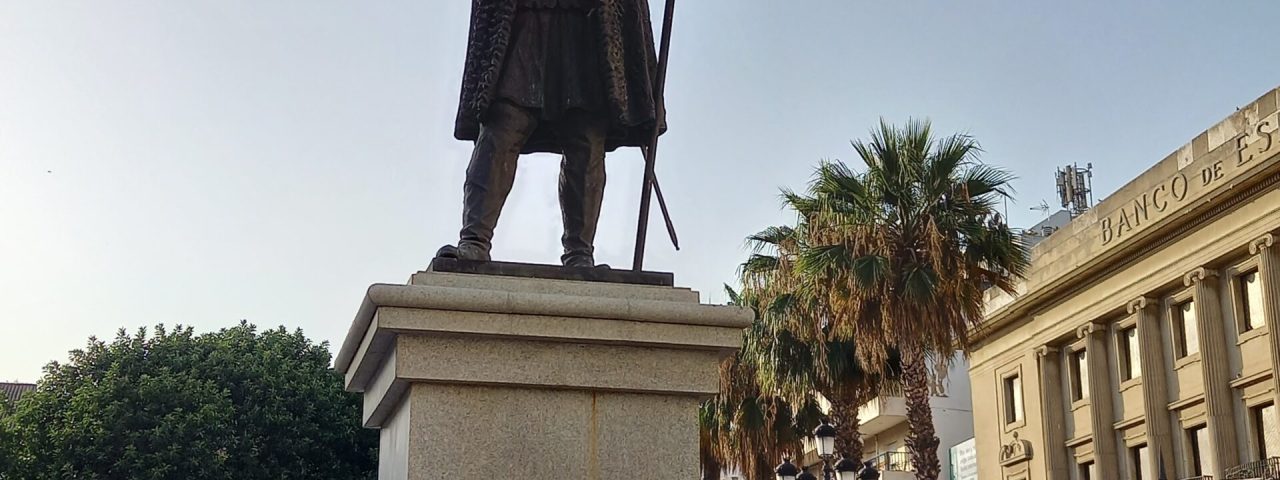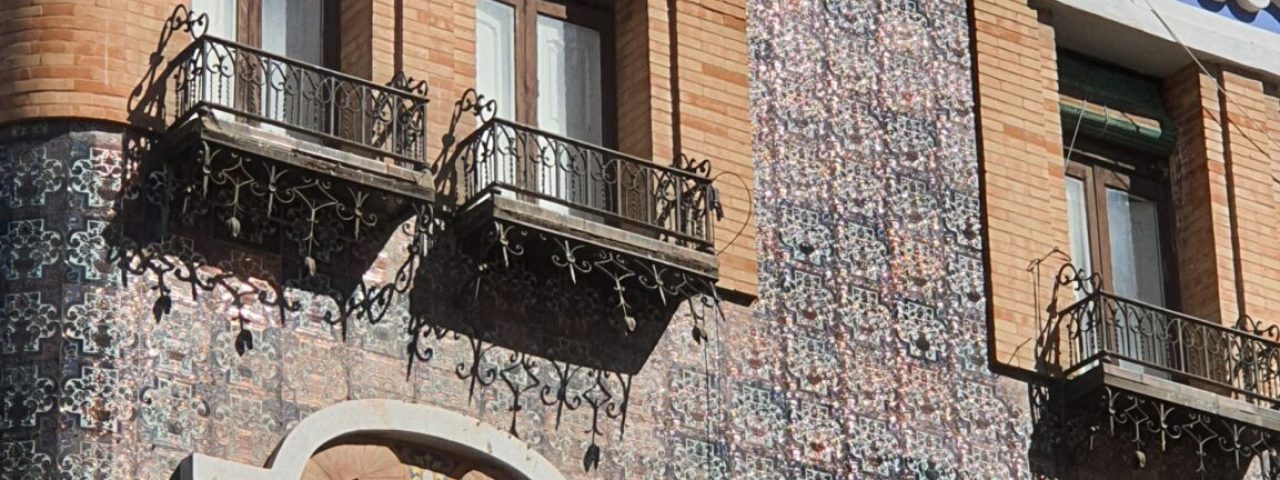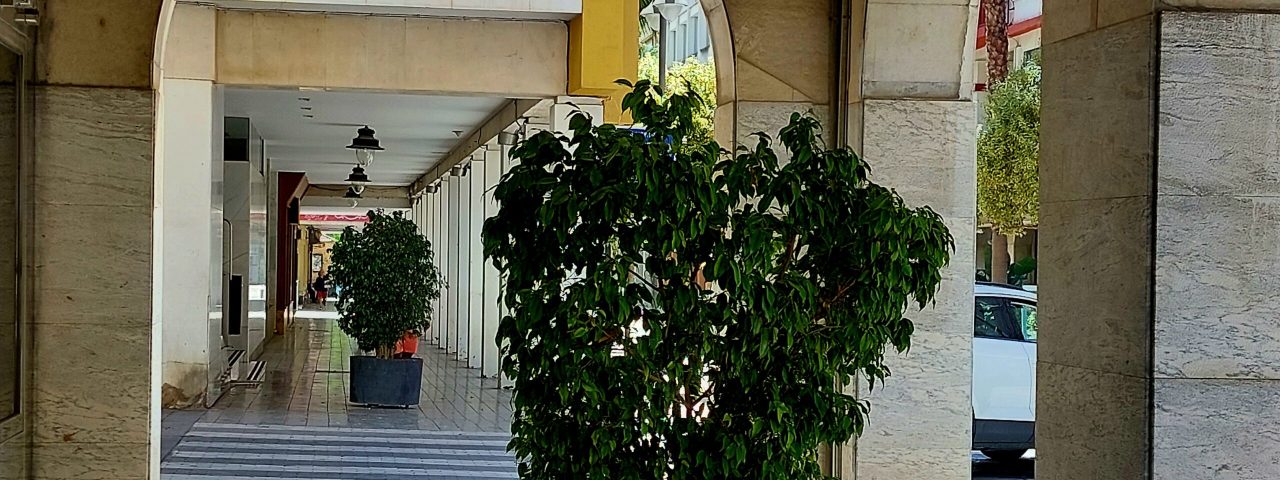Huelva has a rich and diverse history that dates back thousands of years. It was first settled by the Tartessians, an ancient Iberian civilization, and later became an important outpost for the Phoenicians and the Romans, who contributed to the city’s early development. During the Moorish occupation of Spain, Huelva thrived as a cultural and commercial center, with lasting influences visible in its architecture and traditions. After the Christian reconquest, the city continued to grow, and in 1492, it became world-famous as the departure point for Christopher Columbus’s first voyage to the Americas.
Today, Huelva is deeply rooted in its cultural traditions. The city is known for its vibrant celebrations of Andalusian festivals, particularly Semana Santa (Holy Week) and the Romería del Rocío, one of the largest pilgrimages in Spain, where thousands of people travel to the nearby village of El Rocío. Flamenco music and dance are integral to the local culture, with numerous performances and festivals taking place throughout the year. The city’s historical landmarks, including the Monument to the Discovery Faith, pay tribute to its key role in Spain’s colonial history.
Huelva’s blend of Moorish, Christian, and Roman influences is evident in its architecture, cuisine, and customs, providing a rich cultural tapestry for visitors to experience.
